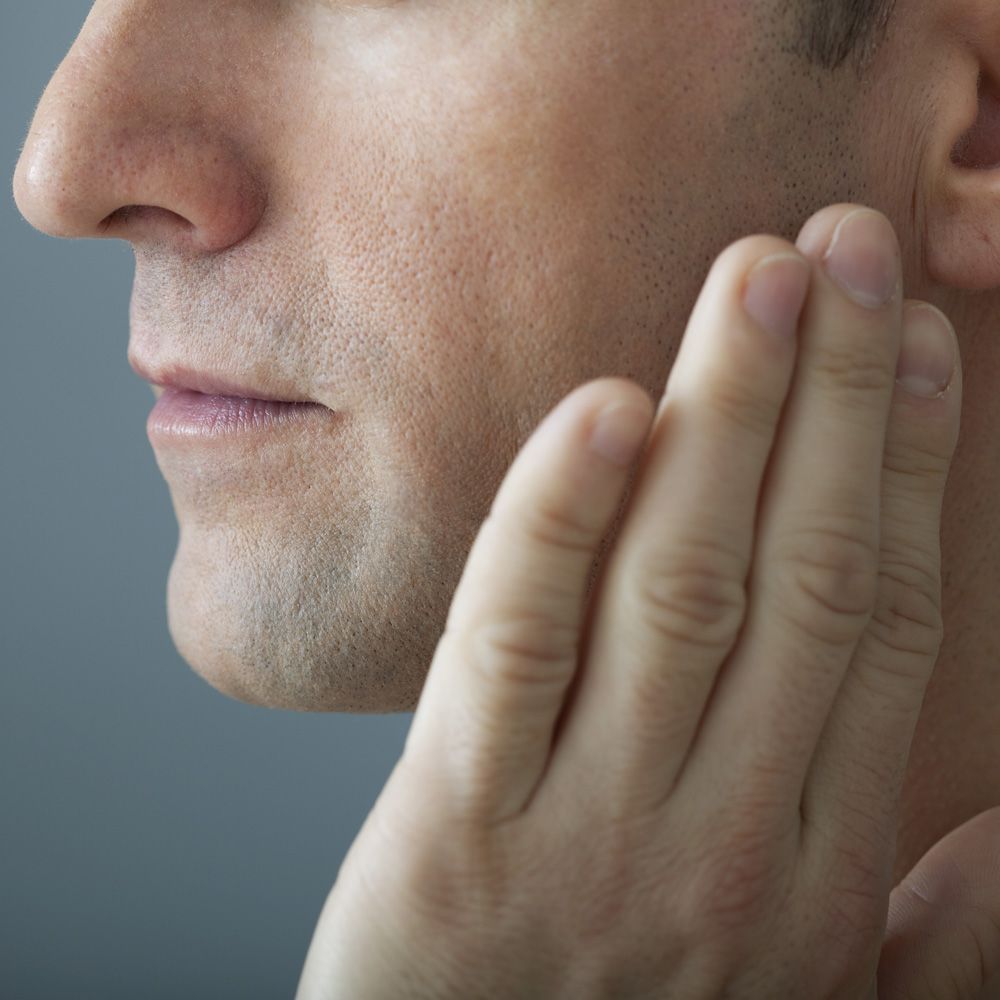Treating Tooth Sensitivity to Hot and Cold
 The teeth have several important roles: they affect the appearance of the smile, help people speak clearly, and maintain the structure of the mouth and lower face. Of course, the most important job is the teeth’s ability to break down food so that it can be easily swallowed and digested. However, when tooth sensitivity develops, it can make eating difficult.
The teeth have several important roles: they affect the appearance of the smile, help people speak clearly, and maintain the structure of the mouth and lower face. Of course, the most important job is the teeth’s ability to break down food so that it can be easily swallowed and digested. However, when tooth sensitivity develops, it can make eating difficult.
Tooth sensitivity compromises oral comfort and makes it unpleasant when performing basic oral functions, like biting and chewing. Restorative dentistry treatments strengthen the teeth and address the most common causes of tooth sensitivity to hot and cold to restore oral comfort for our Bismarck, ND patients at Heringer Dentistry LLC.
What Causes Tooth Sensitivity to Hot and Cold?
In many cases, tooth sensitivity to hot and cold seems to develop suddenly. One day, a person may be enjoying a cup of hot tea without any issues, and the next day, a bowl of ice cream can send shooting pain up the tooth.
Tooth sensitivity to hot and cold is the reaction of extreme temperatures reaching the sensitive nerves and tissues that lie at the center of the tooth. The teeth are built with a surrounding layer of enamel that is meant to protect these delicate tissues, so tooth sensitivity is a warning that tooth enamel has been compromised. In some cases, weakened tooth enamel is a simple side effect of aging. After years of continual exposure to the force of biting, it is not unusual for enamel to wear down. In other cases, dental complications are responsible for tooth sensitivity. Aside from aging, common causes of tooth sensitivity to hot and cold include:
- Tooth decay
- Acid erosion
- Root canal infection
- Oral injury
- Chips, cracks, or fractures
- Damaged dental work
Treating Tooth Sensitivity
Whether tooth sensitivity to hot and cold is the result of aging, an oral injury, or another dental complication, the goal of treatment is the same. The best way to eliminate tooth sensitivity to hot and cold is to rebuild tooth structure and restore a protective barrier between the nerves of the tooth and the extreme temperatures of certain foods and beverages.
Our dentists offer a range of restorative dentistry treatments that address dental damage and strengthen the structure of the teeth. Below are some of the most common treatments that are effective in minimizing tooth sensitivity to hot and cold:
- Dental bonding or tooth-colored fillings
- Inlays and onlays
- Porcelain crowns
- Root canal therapy
Our dentists will consider each case of tooth sensitivity and determine what is causing the condition so that we can provide our patients with a treatment plan that is best suited to their unique needs.
Contact Us
If tooth sensitivity to hot and cold is preventing you from enjoying your favorite foods and drinks, it is time to seek dental treatment. At Heringer Dentistry, our experienced dentists offer a range of restorative dentistry services to improve oral strength and comfort. Contact us at your earliest convenience to find out how we can help you eliminate tooth sensitivity.


